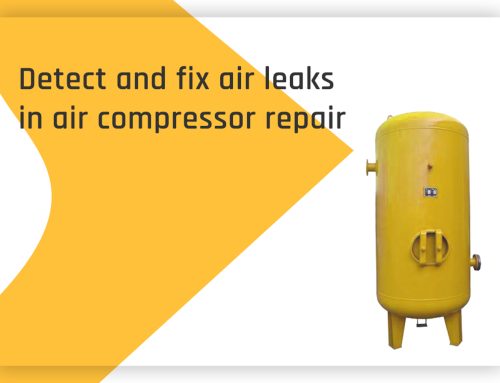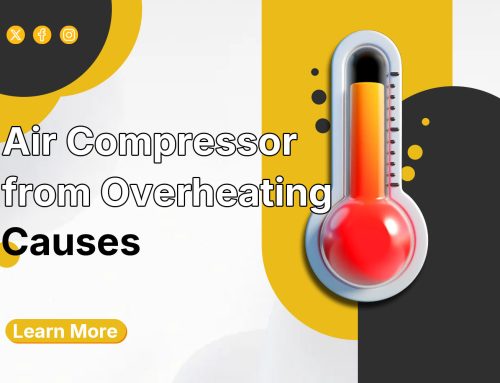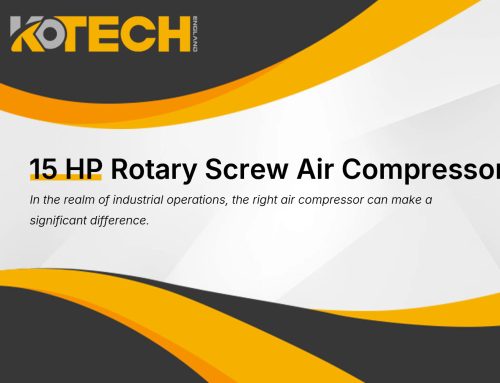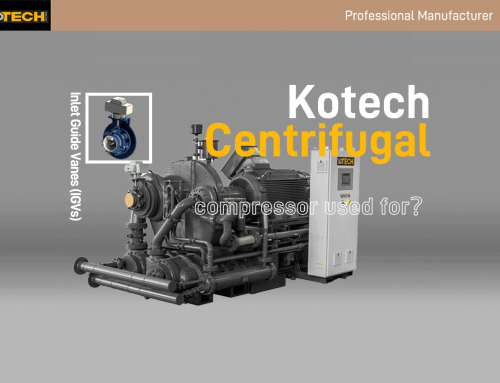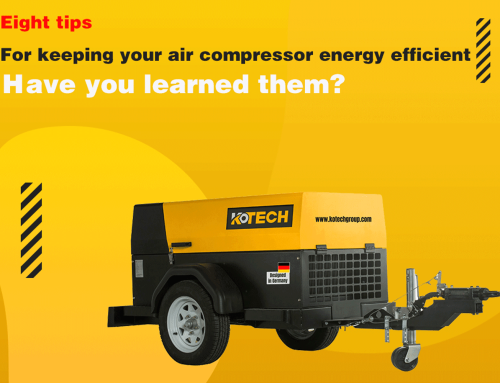
Compressor overload tripping is a common issue in various industries that rely on refrigeration systems, HVAC units, and air compressors. This protective measure is designed to prevent damage to your equipment, but frequent tripping can indicate underlying problems that need addressing. Understanding the causes of compressor overload tripping and knowing how to fix them is crucial to maintaining the efficiency and longevity of your machinery.
In this article, we’ll delve into the reasons behind compressor overload tripping, troubleshooting steps, and solutions to prevent future occurrences.
Understanding Compressor Overload Tripping
To begin with, it’s essential to grasp what compressor overload tripping is and why it happens. An overload relay is an electrical device that protects the compressor motor from damage caused by excessive current draw, overheating, or mechanical malfunctions.
When the electrical current exceeds the safe limit for the compressor motor, the overload relay heats up and eventually trips to cut the power. This action helps prevent potential damage to the compressor and other components of the system.
Common Causes of Compressor Overload Tripping
Dirty Coils
One of the frequent causes of compressor overload is dirty condenser coils. When dirt accumulates on the coils, it restricts airflow and hampers the ability of the system to dissipate heat, causing the compressor to work harder and overheat.
Refrigerant Issues
Both low and high refrigerant levels can lead to compressor overload. Low refrigerant levels may cause the compressor to overheat due to the lack of cooling, whereas too much refrigerant can increase the pressure within the system, leading to an overload trip.
Electrical Problems
Faulty wiring, loose connections, or a failing capacitor can also lead to an increase in electrical resistance and current draw, causing the compressor to overload and trip.
Mechanical Failures
Issues such as a seized compressor or damaged bearings can increase the mechanical load on the compressor, making it draw more current and trip the overload.
Compressor Overload Troubleshooting
Before you can fix the issue, you need to troubleshoot the system to pinpoint the exact cause of the overload tripping.
Inspect the Coils
Check the condenser coils for any signs of dirt or obstruction. Clean the coils thoroughly to ensure proper airflow and heat dissipation.
Check Refrigerant Levels
Using the appropriate tools and gauges, check the refrigerant levels in the system. Make sure they align with the manufacturer’s specifications.
Evaluate Electrical Components
Examine the wiring, connections, and capacitors for any signs of damage or wear. Use a multimeter to test the electrical components and verify their integrity.
Assess Mechanical Condition
Listen for any unusual noises coming from the compressor that may indicate mechanical issues. A professional technician should inspect the compressor for any mechanical failures.
How To Fix Compressor Overload?
Cleaning the Coils
If dirty coils are the problem, a thorough cleaning with a coil cleaner and a soft brush or cloth can restore airflow and prevent the compressor from overheating. Make sure to follow the manufacturer’s instructions for cleaning.
Adjusting Refrigerant Levels
If the refrigerant levels are incorrect, you’ll need to either recharge the system or remove the excess refrigerant. This task should be performed by a certified technician to ensure the safety and proper functioning of the system.
Repairing Electrical Issues
Faulty electrical components will need to be replaced. Ensure that all connections are secure and that the electrical system provides stable power to the compressor.
Addressing Mechanical Failures
If a mechanical failure is to blame, parts such as bearings or the compressor itself may need to be replaced. This is a job for a skilled technician with experience in compressor repair.
Preventing Future Overload Trips
by Glenn Carstens-Peters
Maintaining your compressor and the associated systems is key to preventing overload trips. Regular maintenance checks can catch potential issues before they cause the overload to trip. Here’s a checklist to help you maintain your compressor:
Regular Cleaning
Keep the condenser coils clean and ensure that there is no debris obstructing the airflow around the unit.
Scheduled Inspections
Have a professional technician inspect your system regularly to check for any signs of wear, refrigerant issues, or potential electrical problems.
Proper Ventilation
Ensure that the compressor and the system have adequate ventilation to prevent overheating during operation.
Load Balancing
Avoid overloading the compressor by balancing the system’s load and ensuring it’s not running more than necessary.
Conclusion
Compressor overload tripping can be a sign of several issues with your refrigeration or HVAC system. Identifying and addressing the root cause is essential to prevent damage and maintain efficiency. Regular maintenance and timely repairs are your best defense against frequent overload trips.
By following the tips outlined in this article, you can take proactive steps to ensure your compressor operates smoothly and your system remains reliable for years to come.
Remember, if you’re unsure about any steps or need assistance, it’s always best to consult with a professional technician who can provide expert advice and service for your specific compressor needs.
Keep your compressor running optimally and avoid the inconvenience of unexpected downtime by staying vigilant and proactive about overload tripping issues.
by Max Raber
With the right approach and regular attention, you can extend the life of your compressor and ensure that it continues to serve your needs efficiently and effectively. Looking for a new air compressor? Kotech has the best prices and widest selection around. Shop today and get a great deal on the perfect compressor for your needs.




